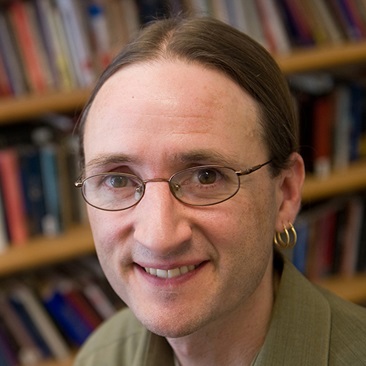Minority Rights, Governing Regimes, or Secular Elites: Who Benefits from the Protection of Religious and Anti-Religious Speech by the U.S. Supreme Court and European Court of Human Rights?
Nathan T. Carrington , Thomas M. Keck, Claire Sigsworth
Journal of Law and Courts, December 2022
This paper draws on new data regarding judicial decisions involving religious and anti-religious expression to map the political beneficiaries of judicial empowerment.
In particular, the paper assesses the extent to which free-expression decisions issued by the U.S. Supreme Court and European Court of Human Rights have favored claimants who are religious majorities, religious minorities, or secular elites.
We find the U.S. doctrine relatively more libertarian and the European Court of Human Rights doctrine relatively more secularist, but both bodies of case law extend regular and substantial rights protection to religious minorities.
Related News
Research

Dec 19, 2024
Commentary

Dec 18, 2024
Research

Dec 18, 2024
Research

Dec 16, 2024
